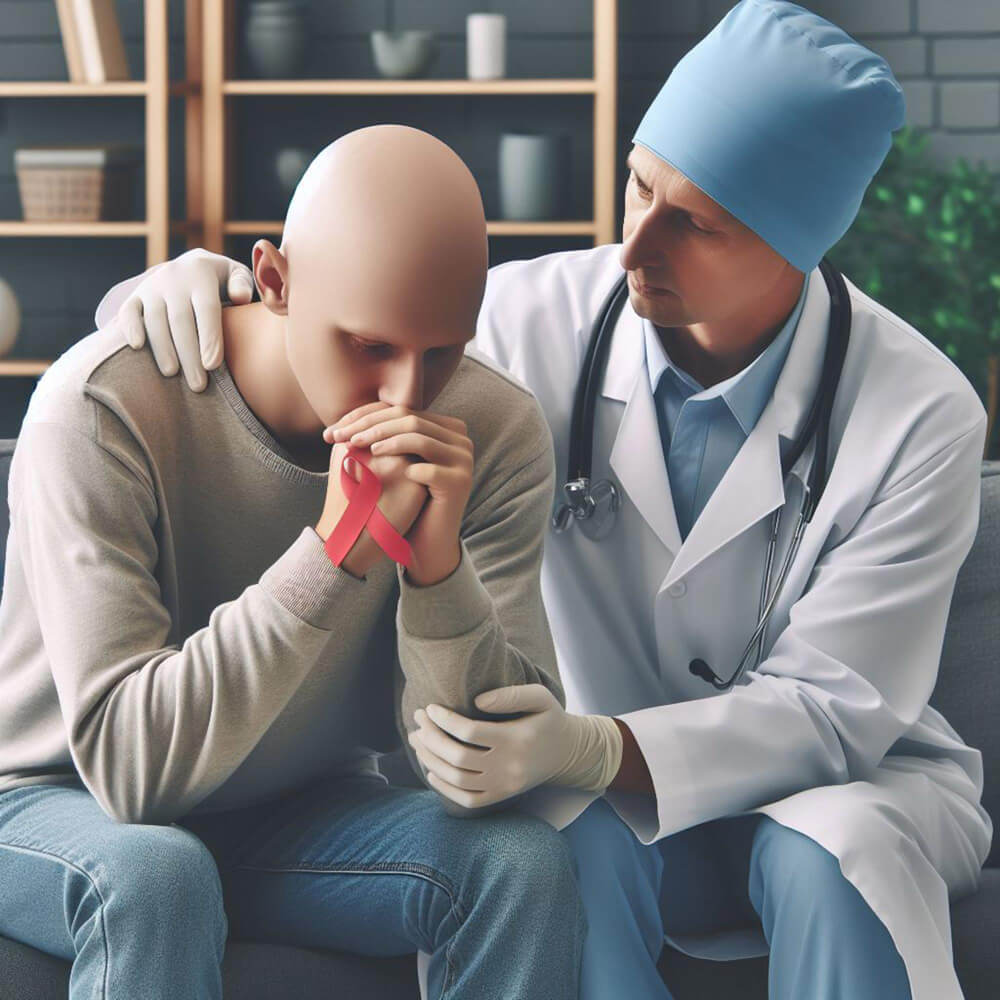Mental Health Looks Different for Women
Every woman’s story is different. Yet, across backgrounds, stages of life, and communities, there are patterns we cannot ignore. Women experience mental health challenges at higher rates than men, and those challenges often stem from issues unique to women. These issues include biology, societal pressures, caregiving demands, and trauma histories.
Our Women’s Mental Health Program was built to address the complex mental and emotional needs of women across Sacramento, Folsom, and Roseville. We offer trauma-informed, evidence-based care that supports the full spectrum of women’s mental health.
Why Mental Health Challenges Disproportionately Affect Women
Biological and Hormonal Shifts
Social Pressure and Unequal Burdens
Trauma That Hits Closer to Home
Many people associate PTSD with combat or extreme events. Yet, trauma wears many faces. Women are twice as likely to experience post-traumatic stress disorder, often linked to domestic violence, sexual assault, or childhood abuse. Unlike physical wounds, these traumas do not fade easily. They echo across relationships, parenting, careers, and self-worth.
Common Mental Health Conditions in Women
Depression
One of the most alarming women’s mental health statistics is that about one in nine adult women has experienced a major depressive episode in the past year. This debilitating illness robs energy, joy, and motivation. Left untreated, it can affect every part of life. Here’s a helpful tool to assess signs of depression. Click here.
Anxiety Disorders
Women are twice as likely as men to experience generalized anxiety, panic attacks, and social anxiety. These disorders can feel like a constant undercurrent of worry—one that never turns off. Social roles and safety concerns often magnify the sense of fear and helplessness.
PTSD and Trauma-Related Disorders
Around 10% of women in the United States will be diagnosed with PTSD in their lifetime. For men, that number is 4%. Women are also more likely to suffer severe symptoms such as flashbacks, sleep disruption, emotional numbing, and loss of function in daily life.
Eating Disorders
Nearly 90% of anorexia and bulimia cases affect women. For binge eating, women represent about two-thirds of all diagnoses. These disorders often reflect a complex relationship with control, emotion, and trauma.
Perinatal and Maternal Mental Health
The Emotional Toll of Motherhood
Perinatal mental health refers to mental health during pregnancy and the first year postpartum. Globally, about 10 to 20% of mothers face depression during this period. In lower-income regions, the number can be closer to 20% after childbirth.
In severe cases, maternal depression can affect mother-infant bonding, infant nutrition, and early development. Some mothers lose the ability to care for themselves or their children. Suicide remains a leading cause of death among new mothers.

At Zeam, Support Starts Early
We help women navigate the emotional weight of pregnancy, birth, and new motherhood. Our therapists and psychiatric providers offer early screening, talk therapy, medication support, and crisis intervention tailored to the perinatal period. The sooner treatment begins, the better the outcome for mother and child. Discover flexible therapy options suitable for busy schedules. Click here to learn more.
The Difference Between Mental and Emotional Health

Early Warning Signs of Mental Illness in Women
Sudden sleep or appetite changes
Rapid mood swings or irritability
Withdrawal from social connections
Drop in school, work, or daily function
Persistent sadness, fear, or numbness
Trouble concentrating or making decisions
Unexplained physical complaints (headaches, fatigue, pain)
Thoughts of self-harm or hopelessness
Barriers That Keep Women From Getting Help
Despite higher rates of mental health conditions, women face unique obstacles to care.
- Stigma around “being too emotional” or “not strong enough”
- Cost and insurance limitations
- Time pressure from work, children, or caretaking
- Fear of being judged, dismissed, or over-medicated
- Mistrust of providers due to past trauma or cultural gaps
At Zeam Health & Wellness, we address these barriers head-on. Our team listens without judgment, personalizes care, and provides flexible virtual or in-person scheduling.
Insurance-Friendly Mental Health Care
Zeam accepts many insurance plans used by patients across the Sacramento region, including those connected to Sutter, Dignity Health, Kaiser Permanente, and UC Davis networks. We offer coordinated therapy and psychiatric services so you can access the level of care you need without navigating multiple systems.
Appointments Available Within One Week
Timely care matters. Most patients can schedule a mental health appointment within one week, helping you start treatment sooner and avoid long delays.






